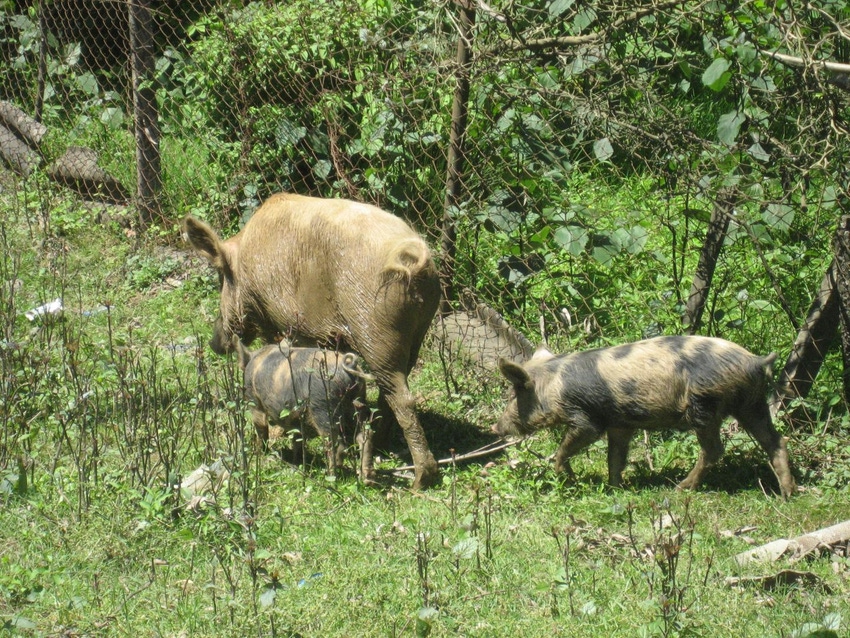Aim is to develop PCR test to detect swine brucellosis and distinguish it from cattle brucellosis.
August 17, 2017

Researchers with the University of Wyoming's department of veterinary sciences will use a $149,000 grant from the Foundation for Food & Agriculture Research to help develop a quicker, cheaper and more accurate test to detect brucellosis.
The grant will help fund studies to detect swine brucellosis (Brucella suis), which is prevalent among feral swine in most of the U.S. but not yet in Wyoming. B. suis also can infect domesticated swine and cattle where their populations overlap.
The money will help continue efforts toward creating a polymerase chain reaction (PCR) analysis — an ongoing effort by Dr. Brant Schumaker, an associate professor in the department of veterinary sciences.
There is growing pressure on hog producers to move from confinement production to natural or pasture-raised swine. Serologic (blood) testing cannot discriminate between cattle brucellosis (Brucella abortus) and B. suis exposure, according to the announcement.
“I think most of the state understands how much of a problem cattle brucellosis has been in the greater Yellowstone area. If this disease were to come to the state, we would have a hard time differentiating between the two organisms,” said Schumaker, who is also an epidemiologist with the Wyoming State Veterinary Laboratory and will lead the collaborative project with Texas A&M University.
The University of Wyoming and Texas A&M will match the grant, for a total of $299,000 for the project. Funding is through the foundation’s Rapid Outcomes from Agricultural Research program.
In Texas, there were several instances where cattle that came in contact with feral swine tested positive for brucellosis.
“It’s very complicated to try to differentiate between swine and bovine brucellosis,” Schumaker reiterated.
Culture testing is the current gold standard for detection, he added, but it takes at least 14 days, costs about $600 per animal and requires that the animal be euthanized. Only 30-50% of animals that test antibody-positive in blood are culture-positive.
Schumaker said the research is a continuation of doctoral student Noah Hull’s studies at the University of Wyoming. The team is in the final stages of testing a PCR assay for bovine brucellosis. PCR can produce millions of copies of a section of DNA in only a few hours, yielding enough DNA for analysis requirements.
Preliminary testing with the PCR assay has shown that researchers are able to identify more than twice the number of serologically positive animals compared to culture test and can obtain results in two to three hours at one-fourth the cost.
Texas A&M researchers will collect and send swine tissue samples to Wyoming for testing. Schumaker said more than 29 collaborators are involved in the grant. Members include representatives from federal, state and local governmental agencies.
You May Also Like



